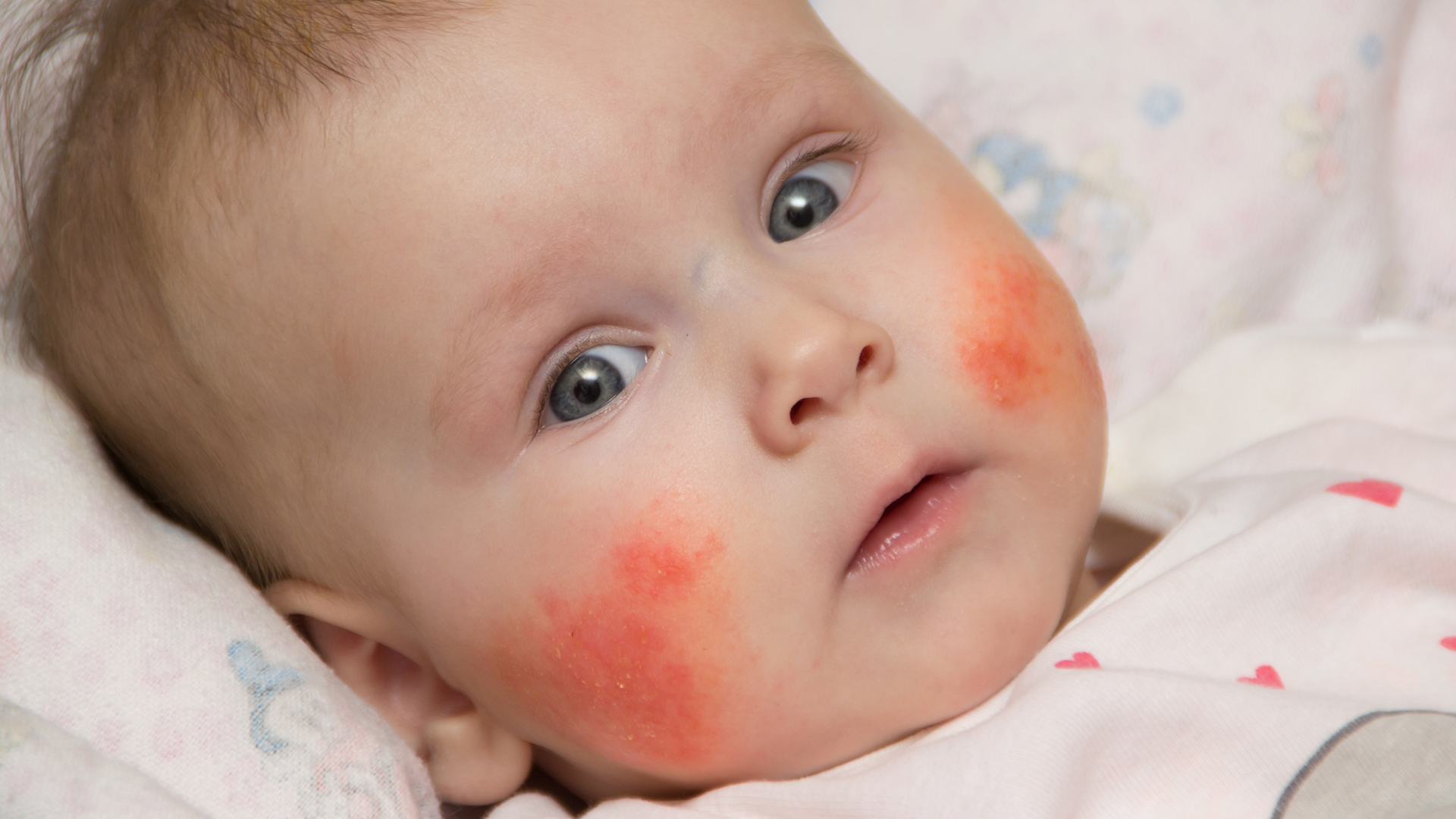Food allergies are a growing concern for parents, as they can affect the health and well-being of babies and children. According to the American Academy of Allergy, Asthma, and Immunology (AAAAI), food allergies affect approximately 6% of children in the United States. The incidence of food allergies has been steadily increasing over the past few decades, and it is essential for parents to be aware of the symptoms and causes of food allergies in their children.
What are food allergies?
A food allergy is an immune system response to a specific food protein. When a child with a food allergy eats food containing that protein, their immune system identifies it as a harmful substance and produces antibodies to fight it. These antibodies release chemicals like histamine, which causes allergic symptoms.
Symptoms of food allergies can range from mild to severe and can include the following:
- Hives or rash
- Itching or swelling of the lips, tongue, or throat
- Difficulty breathing or wheezing
- Abdominal pain, nausea, or vomiting
- Diarrhea
- Anaphylaxis (a severe, life-threatening reaction that can cause swelling of the airways, a drop in blood pressure, and shock)
The most common food allergies in babies and children include:
- Cow’s milk
- Eggs
- Peanuts
- Tree nuts (such as almonds, cashews, and walnuts)
- Soy
- Wheat
- Fish
- Shellfish
Managing food allergies in babies and children
There is no cure for food allergies, so the best way to manage them is to avoid them altogether. Parents should read food labels carefully and avoid any foods that contain allergens. They should also be aware of cross-contact, which occurs when food comes into contact with an allergen, even if it is not an ingredient. Cross-contact can happen during preparation, cooking, or even serving.
In addition to avoiding allergens, parents should also have an emergency plan in case of accidental exposure. This may include carrying an epinephrine auto-injector, such as an EpiPen, and knowing how to use it.
Food allergies are a common and growing concern for parents of babies and children. It is important to be aware of the symptoms and causes of food allergies, as well as how to manage them. By avoiding allergens and having an emergency plan in place, parents can help keep their children safe and healthy. If you suspect that your child has a food allergy, speak to a healthcare professional for guidance and support.

